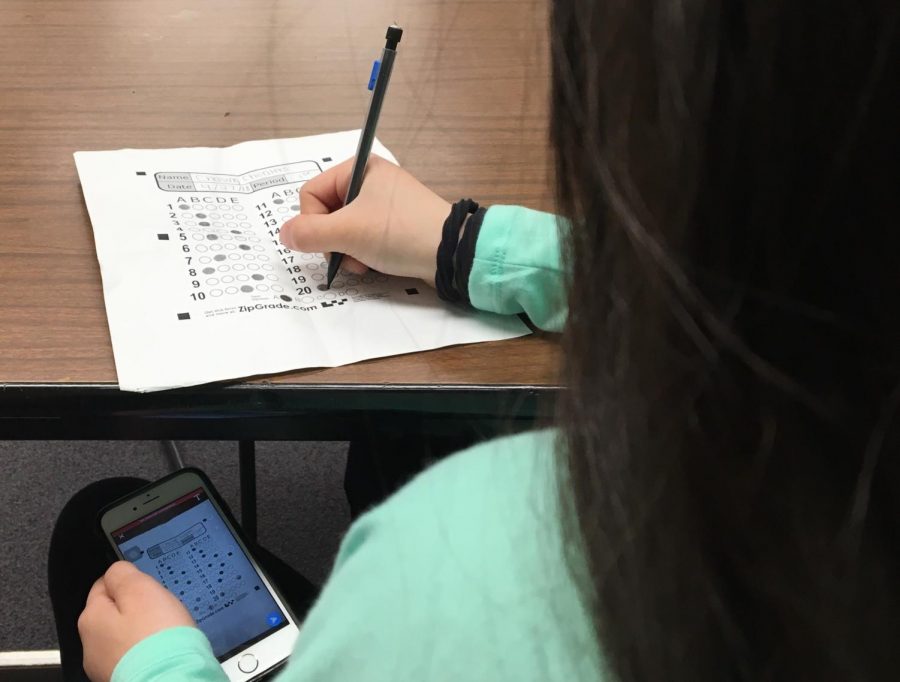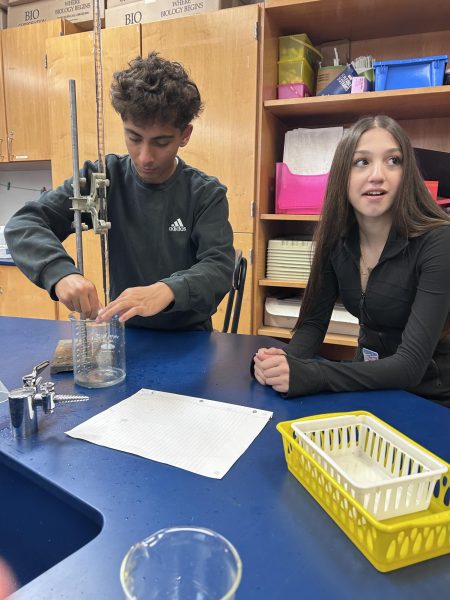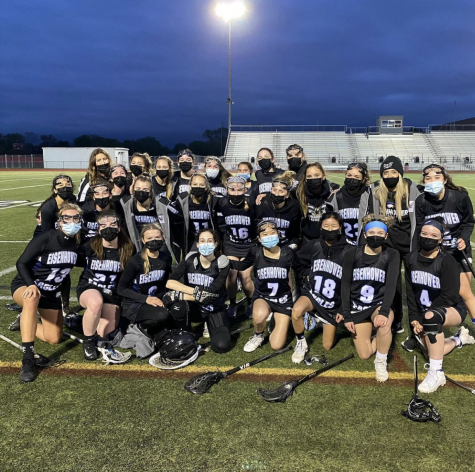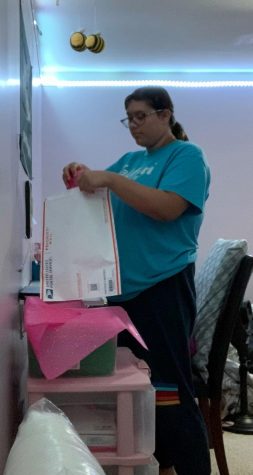Take a seat, don’t cheat
Recent studies found 59 percent of students say they cheat on tests and one in three high school students admitted to using the Internet for answers, according to The Josephson Institute Center for Youth Ethics.
Cheating is a prevalent issue, common in schools for years. However, as cell phone usage increases, students find even more ways to obtain answers on tests, homework, essays and other school assignments.
“I don’t think they think cheating is a big deal. I think they think they can get away with anything,” math teacher Gretchen Champa said.
The most common form of cheating is posting answers to places where all students can access them or simply searching the questions online and sharing what they find. This can result in having phones taken away during class, or in some cases, more severe consequences.
Recently, a group of students were caught cheating on homework assignments and faced repercussions for their actions, which ranged from a lower grade on the assignment or failing the assignment all together. Two of these students were willing to share their experiences on the condition of anonymity.
“I felt embarrassed,” an anonymous sophomore student said. “It has taught me to manage my time better, because the reason I did it was I didn’t think I could finish it in one night.”
This student also pointed out they were concerned about receiving a first offense in National Honor Society (NHS) which involves facing the faculty council to plead one’s case. If the council decides the offense is punishable or if another offense is committed, the student will be suspended from NHS, per the policy, according to senior NHS President Gabriella Braun.
“In the future, I won’t copy ever again. I will work even harder and make sure I don’t ever have to be in a situation like this ever again,” the student said.
Because many students don’t consider looking up answers online to be cheating, repercussions can come as a shock to some.
“[Cheating] affected me a lot by showing me how something so small can really turn out so badly,” another anonymous sophomore student said.
As in National Honor Society, cheating can affect a student’s admittance to other honor organizations and even colleges.
Almost 75 percent of universities collect high school disciplinary information and of those, 89 percent use that information when it comes to college admissions, according to the National Association for College Admission Counseling.
“Cheating at the university level can have very severe repercussions, up to and including expulsion from the university,” said Shane Lewis, Oakland University Associate Director of Admissions. “It is important that students know there is a zero tolerance policy in regards to cheating, which also includes plagiarism.”
The effects of even one failed assignment due to cheating can be long lasting, according to English teacher Lisa Hubbard, because a severe drop in grade point average is alarming to universities.
Teachers have implemented ways to educate students about plagiarism and how to avoid it, as well as discourage and teach students consequences, particularly after a large number of students were caught paying other students or stealing others’ works over the course of the past two school years.
“Work hard; there’s no easy way out,” Principal Jared McEvoy said. “It’s about being good people and making good decisions for ourselves and not putting ourselves in positions where we’re impacting our future.”
Your donation will support the student journalists of Eisenhower High School. Your contribution will allow us to purchase equipment and cover our annual website hosting costs.









